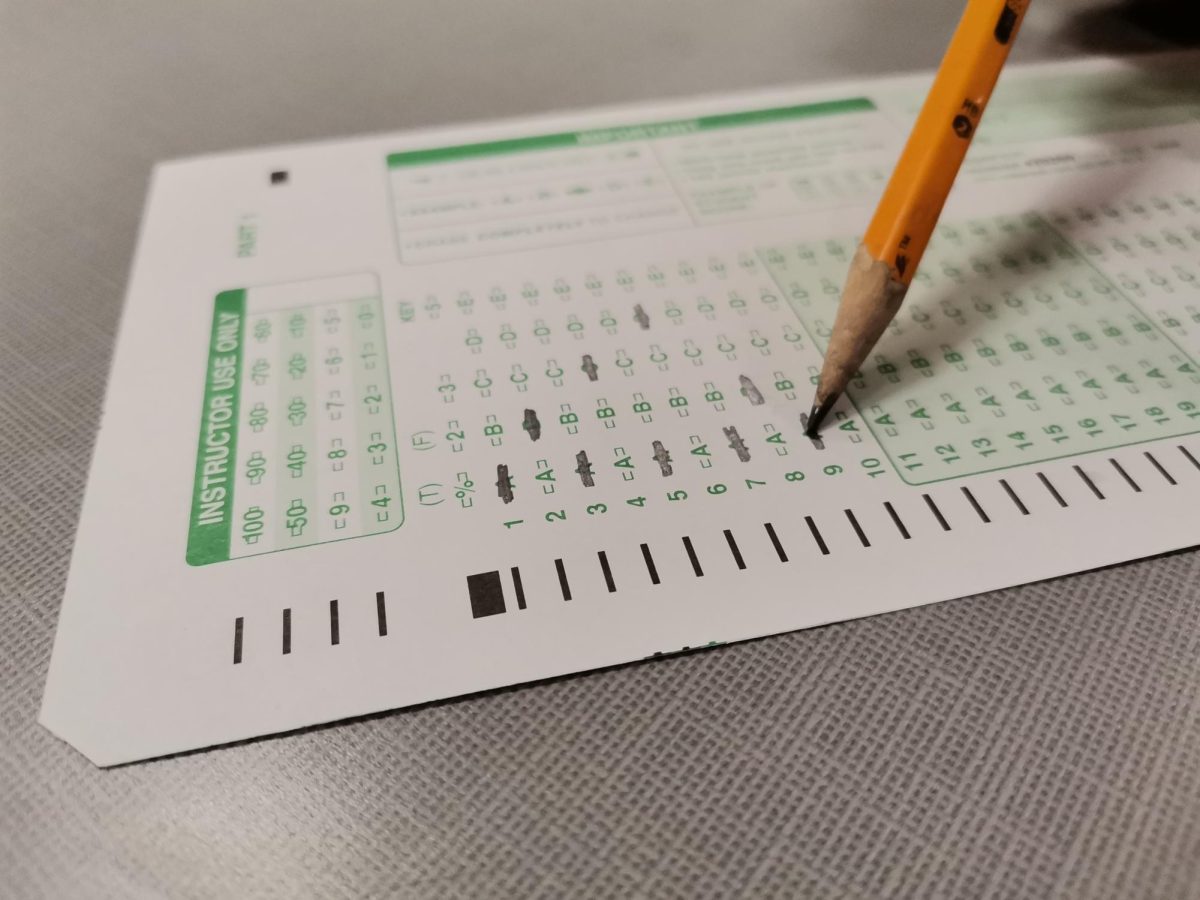In kindergarten, I was given an IQ test. Filled with 25 rather peculiar logic-based questions, little me wasn’t too worried about the test. After doing fairly well, it turned out that I could attend my school’s gifted program. As the years passed, I looked at my peers and realized that this perceived notion of intelligence might not be very accurate. Many of my brightest classmates were losing out on resources that they clearly deserved.
According to the Oxford Dictionary, IQ is defined as “A number representing a person’s reasoning ability.” However, reasoning ability is not the only valuable attribute to a person. One could argue that communication skills, honesty, or work ethic are all more important than reasoning ability. IQ doesn’t measure other important qualities of a person, and to put certain children on a path to success based on one questionable score is definitely a mistake.
Due to the inaccuracy of IQ, people with a higher IQ are given more opportunities such as gifted programs, which then leads to even more opportunities. On the other hand, people who are talented in other ways, excluding intelligence, are missing out. According to a paper by Venkat Ram Reddy Ganuthula, an assistant professor at the Indian Institute of Technology Jodhpur, and Shuchi Sinha, an Assistant Professor at the Indian Institute of Technology Delhi, in the journal Frontiers in Psychology, “IQ tests often inflate their predictive value leading to an interpretive gap.” The limited scope of the IQ test can and will lead to lost opportunities.
Even though the IQ test isn’t a very accurate measure, it is still certainly a useful index if used properly. Expanding the IQ test – which wouldn’t even be called the “IQ Test” anymore – to measure other qualities of a person would greatly improve its versatility. Adding an ethics-related situation, an empathy section or even an honesty test, would make for a much better way to measure a person.








